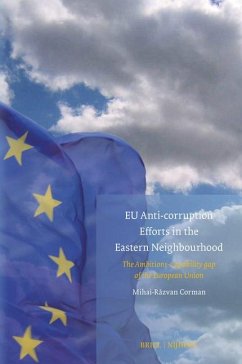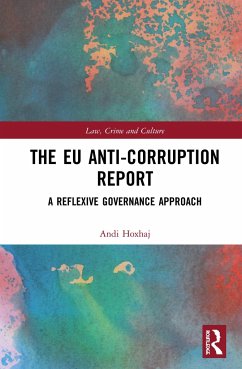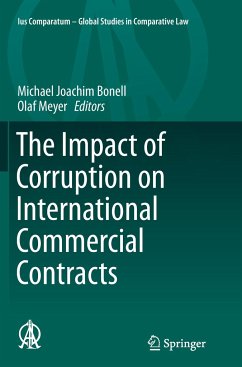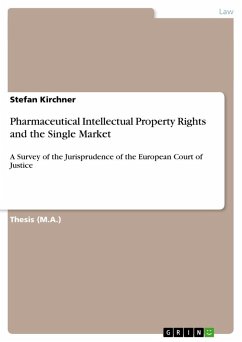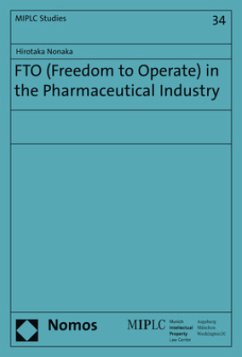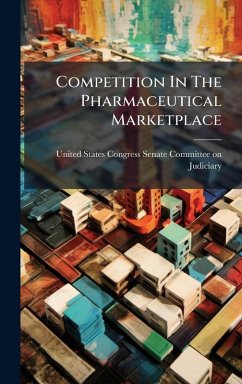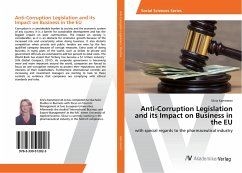
Anti-Corruption Legislation and its Impact on Business in the EU
with special regards to the pharmaceutical industry
Versandkostenfrei!
Versandfertig in 6-10 Tagen
26,99 €
inkl. MwSt.

PAYBACK Punkte
13 °P sammeln!
Corruption is a considerable burden to society and the economic system of any country. It is a barrier for sustainable development and has the biggest impact on poor communities. The impact on society is considerable, as it is an obstacle for economic growth because of the increased risk and uncertainty when doing business. It also distorts competition when private and public tenders are won by the less qualified company because of corrupt measures. Extra costs of doing business in many parts of the world, such as bribes to private and government officials are estimated to add ten percent to t...
Corruption is a considerable burden to society and the economic system of any country. It is a barrier for sustainable development and has the biggest impact on poor communities. The impact on society is considerable, as it is an obstacle for economic growth because of the increased risk and uncertainty when doing business. It also distorts competition when private and public tenders are won by the less qualified company because of corrupt measures. Extra costs of doing business in many parts of the world, such as bribes to private and government officials are estimated to add ten percent to total costs. The World Bank has stated that "bribery has become a $1 trillion industry." (UN Global Compact, 2012). As corporate governance is becoming more and more important around the world, companies are forced to focus on anti-corruption measures to protect their reputations and the interests of their stakeholders. Furthermore international controls are increasing and investment managersare starting to look to these controls as evidence that companies are complying with ethical standards and rules.



